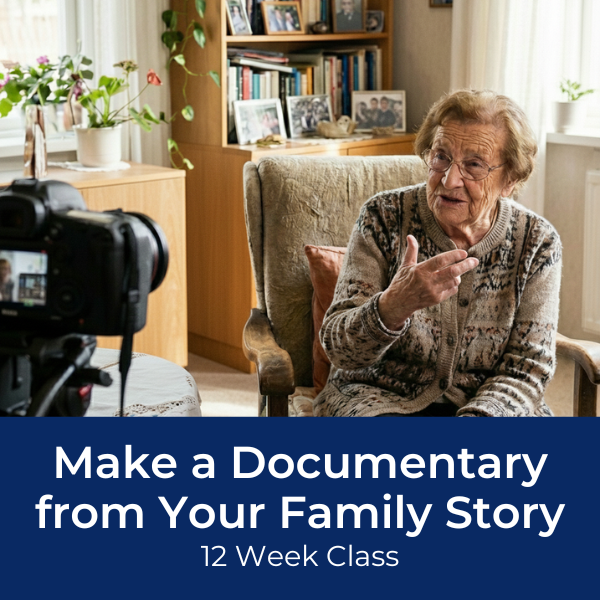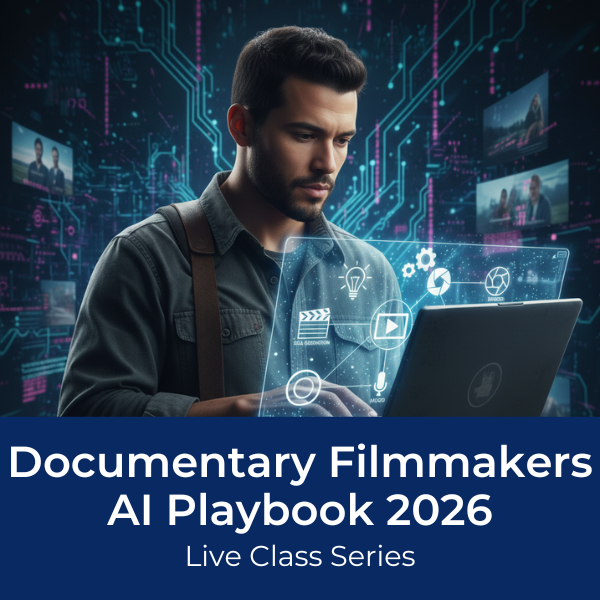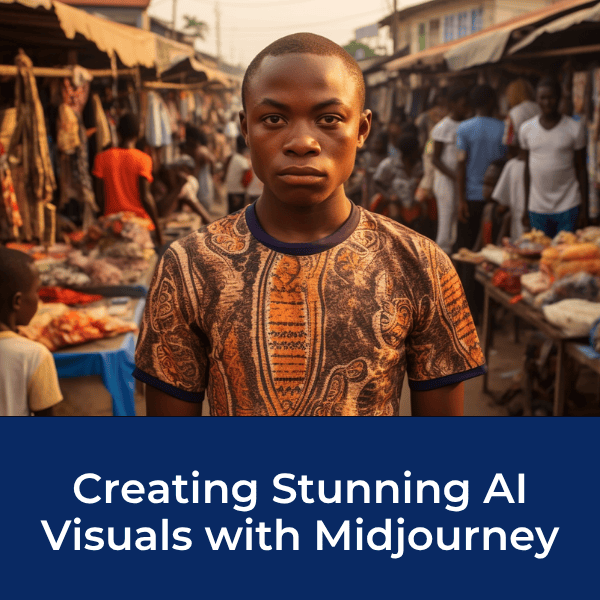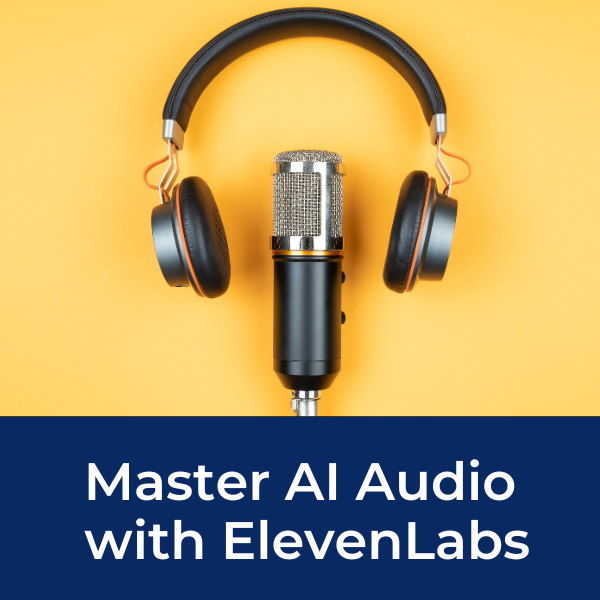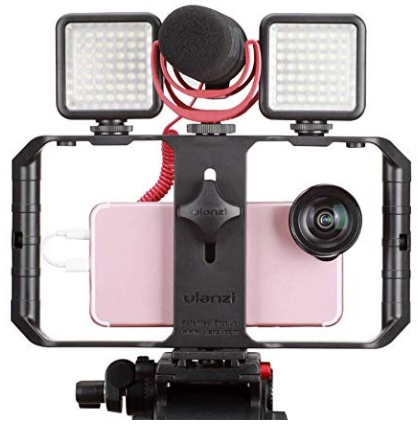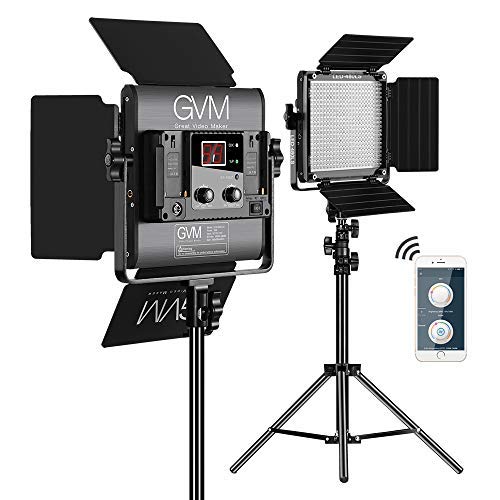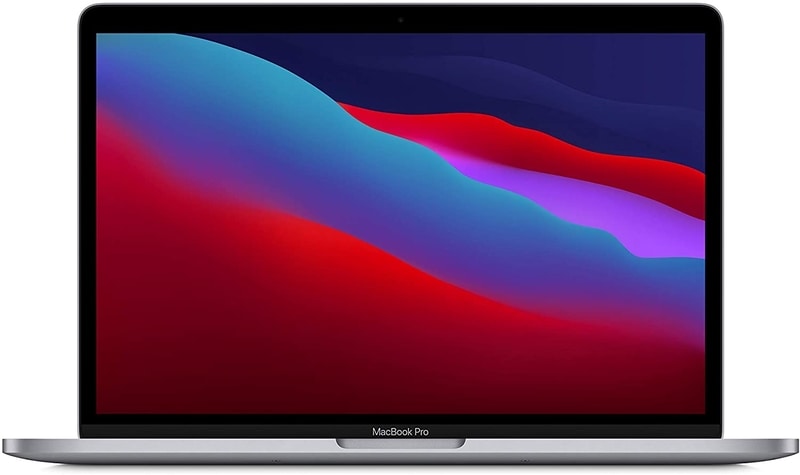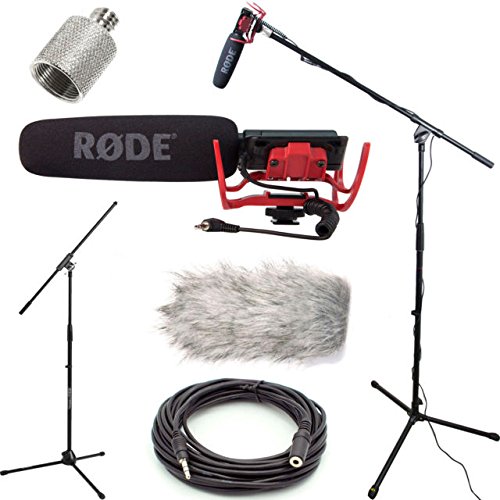How do I transition from researcher to documentary maker?
by Thomas
(Melbourne, Australia)
Question: I am a researcher with a PhD, including a lot of experience in archival research, interviewing, oral history, etc. I would like to use my research skills for documentary making, but don't know where to start. I have documentary ideas of my own, but I'd be happy to start by doing research for other documentary makers. Any advice appreciated! Thanks.
-----
Desktop Documentaries | Answer
Being a filmmaker is all about being a storyteller. So your first step is to learn the basic concepts of storytelling and how to recognize the key components that make up a good story.
How To Get Started Making A Documentary: Documentary Starter Kit
Of course, I will recommend our 7-Day Documentary Crash Course as a great entry point to understand the core concepts around how to make a documentary.
Learn How To Make A Documentary: 7-Day Crash Course
There are also numerous scriptwriting books such as Writing Great Screenplays for Film and TV by Dona Cooper. It was written back in the 90's, but the core concepts are timeless.
With a research background, you are way ahead of the game. All you need now is a bit of training/insight into the fundamentals of filmmaking.
I also highly recommend diving in as quickly as possible. Challenge yourself to make a 1-minute documentary. There's no better teacher than experience! For inspiration, check out this free tutorial on how to make a mini-documentary.
What Is A Mini-Documentary and How Do You Make One?
Good luck!
Please share follow-up questions and comments below:
Comments for How do I transition from researcher to documentary maker?
|
||
|
||
|
||
|
||
|
||
|
||
|
||
Ready To Make Your Dream Documentary?
Sign up for our exclusive 7-day crash course and learn step-by-step how to make a documentary from idea to completed movie!



